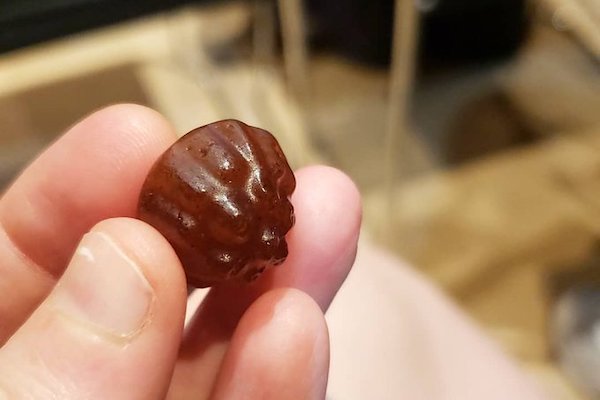Fancy A Gummy? Here’s One Made From Locusts, Yummy
By Ell Ko, 25 Feb 2022

Although eating insects (or the idea of it) often induces a nose-wrinkle and general repulsion, it’s actually not the worst idea.
Besides being high in protein, vitamin B12, and iron among other nutrients, it’s been reported before that consuming more of them could help to fight climate change and food insecurity at the same time.
This may be why the eyebrow-raising locust has been the main focus of an Israeli company called Hargol, which makes protein supplements. Its main ingredient is both kosher and halal, according to founder Dror Tamir.
Tamir tells Haaretz that the insects, native to Israel, feed on organic grass the company grows specifically for them. They provide nutrients to the consumer in the form of powders and gummies sold under the brand Biblical Protein.
In some cultures, such as Thailand, local delicacies involve insects. But “the biggest challenge is to get the West to relate to locusts as a consumable, and to supply it in a familiar, beloved and tasty way,” he says.
His stance is that entomophagy, the practice of eating insects, provides a cheap, green source of protein that is more humane than other animal-based sources of protein.
It’s not to say that this will be the first time that many people will be eating insects, although this may be the first instance of a conscious consumption. A paper from October 2007 details that the Food and Drug Administration “enforces a standard or defect action level stating that a maximum of 75 insect fragments per 50 grams of flour is allowed.”
[via The Optimist Daily and Haaretz, image via Hargol]





